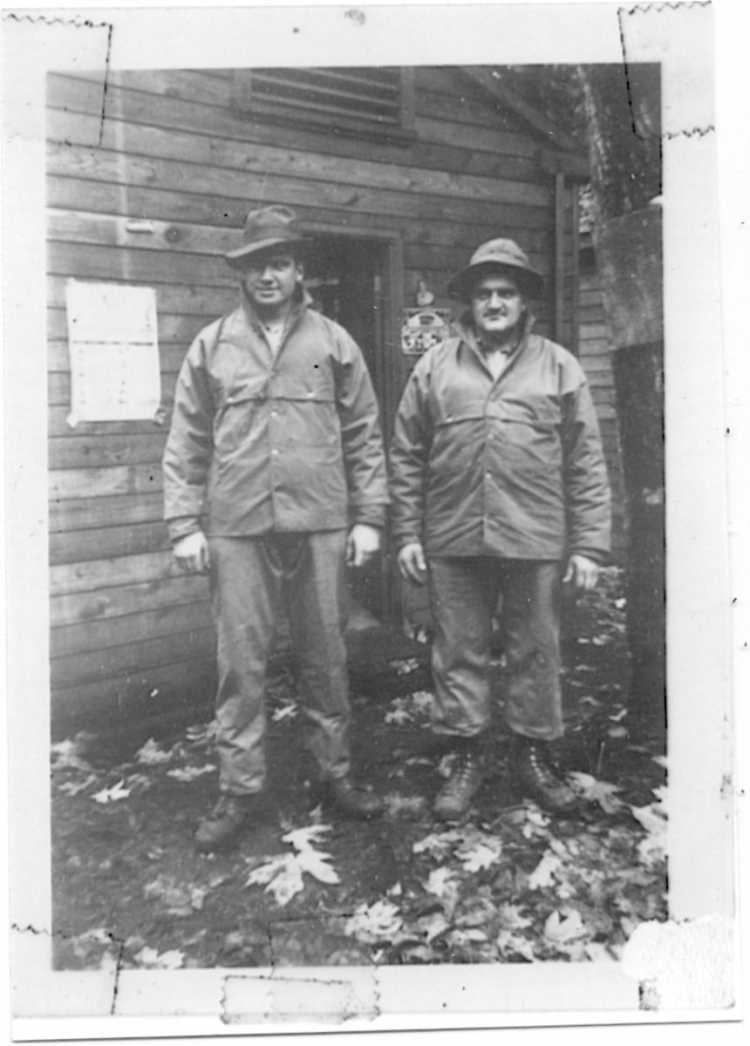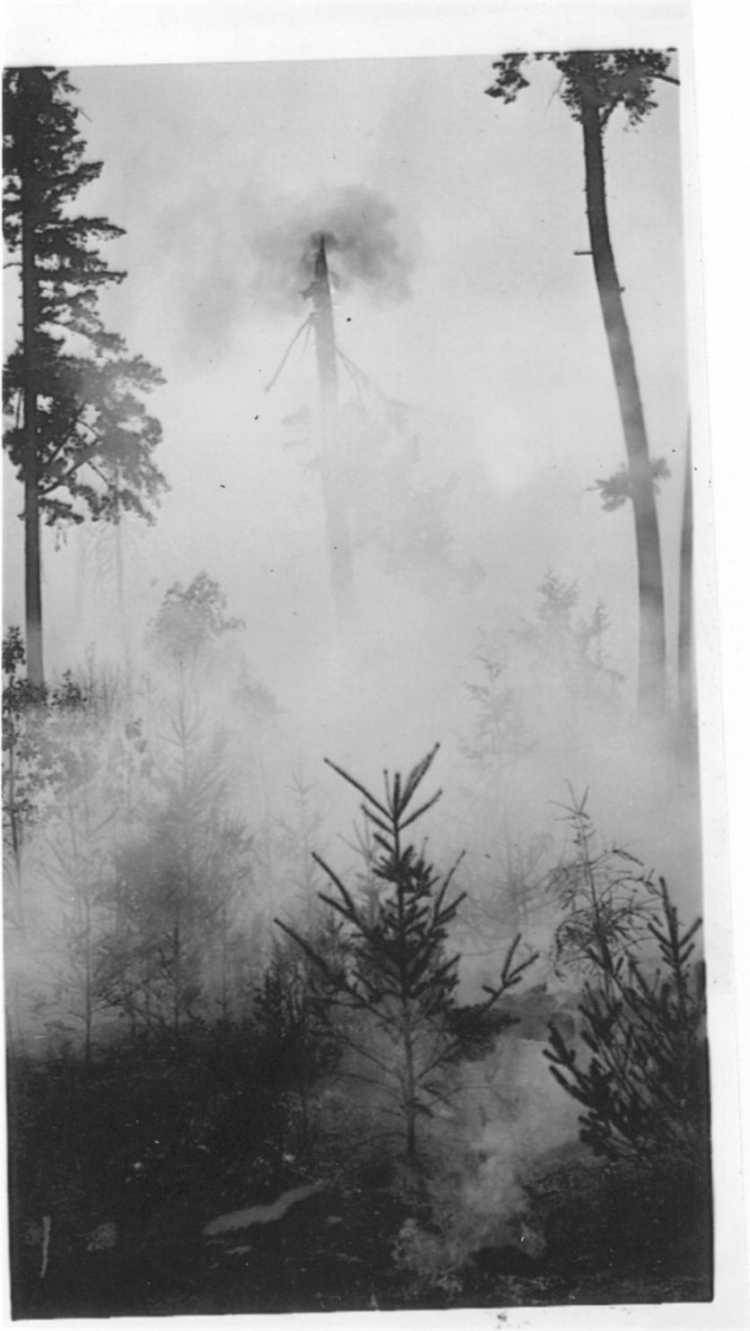Page
1 | Page 2 | Page
3 | Page 4 | Back
to Work Page
The
original alternative service program for conscientious objectors
involved them working in national parks across Canada. This changed
in May 1942. From then on, many of the COs served with the British
Columbia Forestry Service (BCFS) instead. The BCFS operated seventeen
camps on Vancouver Island and an additional six camps on the mainland.
These were small, isolated forestry camps deep in the forests.
One
of the reasons for this change from the national parks to the BCFS
was the Japanese bombing of Pearl Harbour, Hawaii, on 7 December
1941. This surprise attack brought the United States into the Second
World War. Canada declared war on Japan as well. Both North American
countries feared a Japanese invasion of their western coasts. Military
strategists suggested that Japan might try to set Canadian forests
on fire and cause damage that way. For this reason, conscientious
objectors were dispatched to
British Columbia to guard against this danger.
 |
 |
| Ed Bearinger (left) in the outfit he wore for fighting fires. |
A forest fire burns out of control. |
 Ed
Bearinger reflected after the War that he wished he could have done
more to alleviate human suffering. While he saw value in the
work he was doing he did not want to feel that the government was
hiding them from the public. Ed
Bearinger reflected after the War that he wished he could have done
more to alleviate human suffering. While he saw value in the
work he was doing he did not want to feel that the government was
hiding them from the public.
Ben
Bergen transferred from the camp at Montreal River to the BCFS in
the summer of 1942.
“Our
group landed at C3-Shawnigan Lake, on Vancouver Island, not far
from Duncan There were men from Ontario, Alberta, Victoria, and
the Mainland. We lived eight men to a cabin. It was a hot, dry
summer, and fires were numerous as a result of the tinder dry
conditions. We were three groups of thirteen men, each group carrying
cross-cut saws, axes, pick-axes, shovels and two water tank sprayers.
We were on call any time day or night. At night we pulled out
with all our gear in the trucks, within ten minutes of receiving
the call. We only used a water hose at one fire, where we were
close to a water supply. Otherwise it meant cutting away brush,
digging two to three foot trenches and shovelling the dirt towards
the fire. When we were not fighting fires, we worked on a road,
felling trees, cutting them into four-foot lengths and splitting
the big ones. A truck hauled the wood to Victoria.” [ASM,
55-58]
Page
1 | Page 2 | Page
3 | Page 4 | Back
to Work Page |


